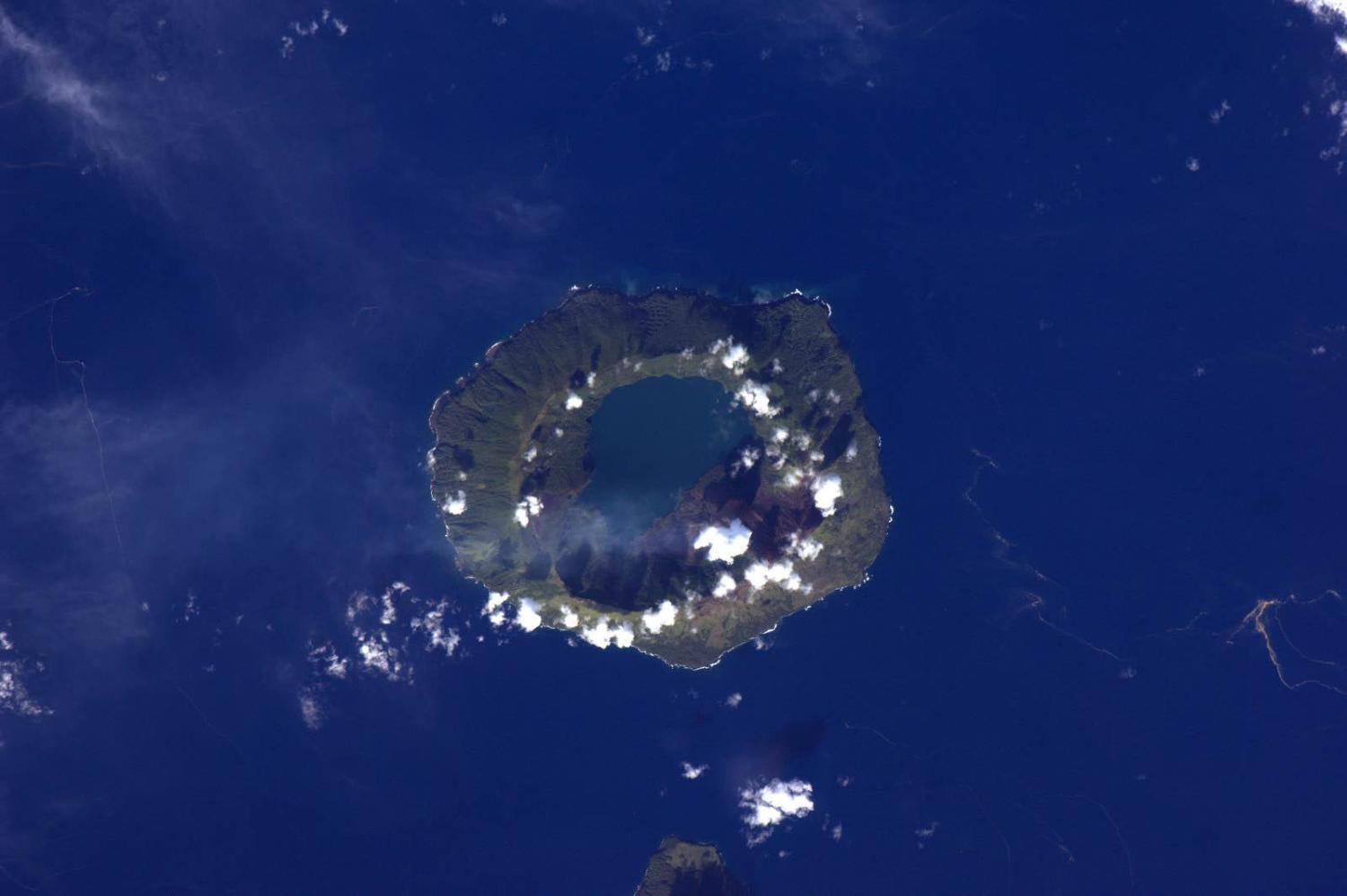- Six months after he was ousted as prime minister of Papua New Guinea, Peter O’Neill sat down with The Guardian to talk scandals and legacy. At the same time, the World Bank’s 2020 Ease of Doing Business report shows that PNG has taken a dive down the rankings from its 2019 placing of 108 to now sit at 120 out of 190 countries studied, mostly due to government reforms that have given rise to uncertainties in the investment and business space. Meanwhile, with estimates ranging anywhere between 58 and 67% of the population under the age of 25, many find it difficult to get a proper job.
- The Bougainville Referendum Commission has officially announced 206,731 Bougainvilleans have registered to vote in the referendum that will decide the island’s future, while the former warring factions of Bougainville veterans and PNG Defence Force announced that “there will be no more war on Bougainville and Papua New Guinea ever again.”
- A horticulture labour shortage in Australia prompted the Morrison government to introduce more expansive access for backpackers under the Working Holiday Maker visa program, potentially displacing Pacific citizens in the Seasonal Worker Program. However, a new report from the Australian Bureau of Agricultural and Resource Economics and Sciences (ABARES) shows that this labour shortage is a myth. Meanwhile, 400 Samoans are being scrutinised by Australian recruitment agencies as part of the selection process for the Seasonal Workers Programme and the Pacific Labour Scheme.
- A new Kiribati opposition party, the Kiribati Moa, or Kiribati First Party, says the government is too close to China, and is planning to move a motion of no confidence against the President. If elected, the leader of the movement Banuera Berina affirmed his party would review ties with China, which he accused of leaving Pacific nations debt-straddled. Around the same time, the government of Kiribati detained journalist Liam Bartlett and other members of a Nine 60 Minutes crew and forced them to leave the country after denying them permission to film. Ben Bohane, one of the crew members, shares his experience.
- Cook Islands Prime Minister Henry Puna is visiting Australia this week to discuss economic co-operation including in tourism, trade and investment as well as cooperation on security, including maritime surveillance and climate change. Meanwhile, the Australian Infrastructure Financing Facility for the Pacific is still under scrutiny, not having proposed any projects yet.
- The Asian Development Bank has approved a US$4 million grant to help fund improvements to the management of public finances and national infrastructure in Tuvalu and another US$6 million grant to support a new solar project. The latter will increase the renewable energy contribution from 15% to 32% in Funafuti, and from around 70% to over 90% in Tuvalu’s outer islands.
- The US has begun the process of withdrawing from the Paris Agreement. Many see this withdrawal as undermining US influence and credibility in the Pacific. By contrast, New Zealand’s parliament passed a climate legislation, with historic cross-party support, committing the nation to reduce its carbon emissions to zero by 2050 and meet its commitments under the Paris climate accords.
- The kingdom of Tonga has now a new island, that resulted from an undersea volcanic eruption.
- This little known history of Tokelau is the subject of a new art installation, which will travel to next year’s Festival of Pacific Arts and Culture in Hawaii
- Dan McGarry, the media director of Vanuatu's largest newspaper, the DailyPost, has had his work permit rejected. McGarry has said the move stems from his reporting of the government.
- The Republic of the Marshall Islands President Hilda Heine explained that the location of her country is an opportunity, due to the immense natural resources provided by the ocean.


